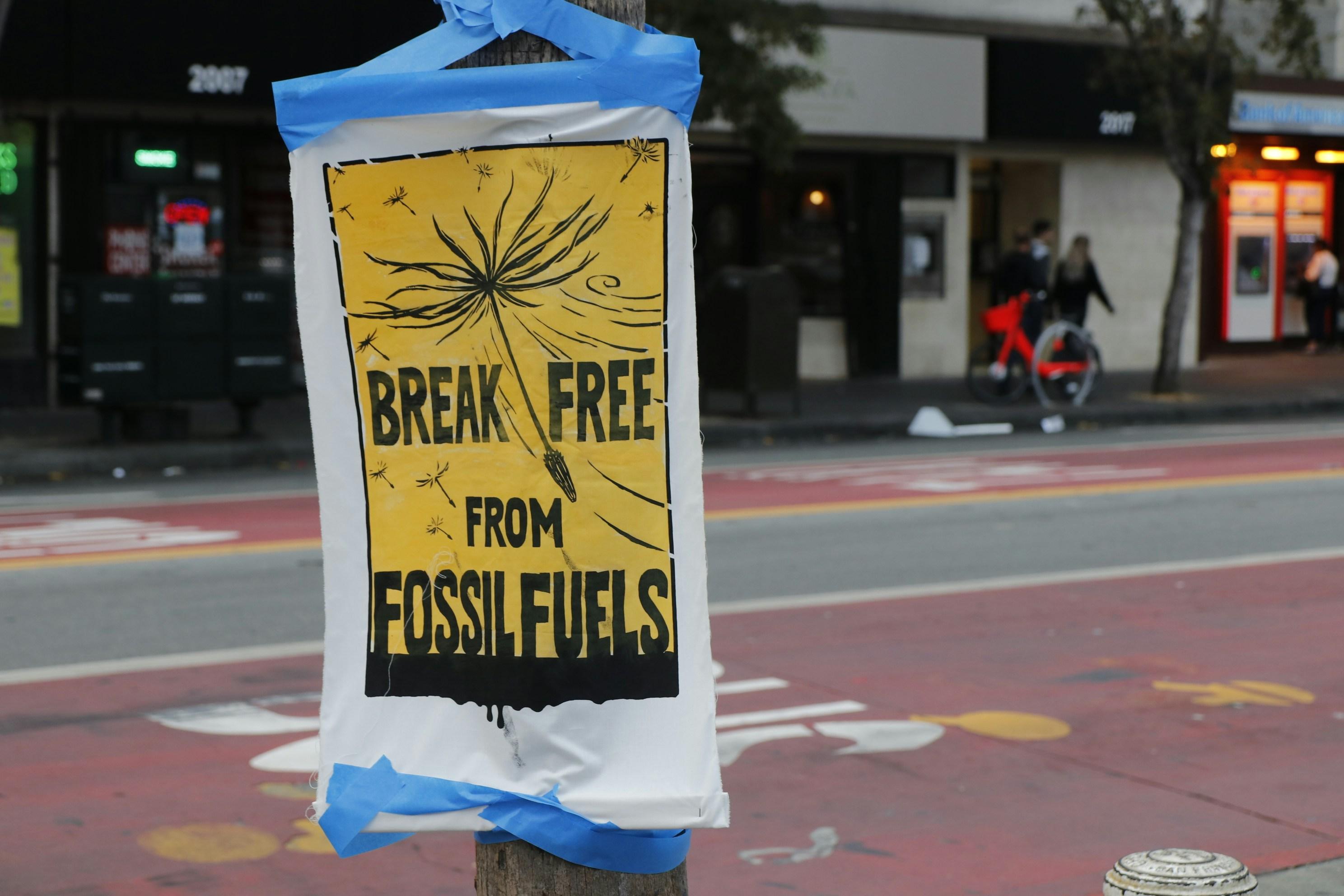In an era marked by political upheaval, social unrest, and rapid technological advancements, dystopian fiction has emerged as a mirror reflecting the anxieties and challenges of contemporary society. This genre, once relegated to the realms of speculative fiction, now finds itself deeply intertwined with the cultural and political discourse of the 21st century. As narratives of oppressive regimes, environmental catastrophes, and loss of personal freedoms dominate bookshelves and screens, they resonate with audiences who perceive unsettling parallels in the real world. This article explores the cultural relevance of dystopian fiction in today’s political landscape, examining how these cautionary tales not only entertain but also provoke critical thought and dialogue about the trajectory of our societies. By dissecting the elements that make dystopian stories compelling and their impact on public consciousness, we aim to understand the enduring appeal and significance of this genre in shaping our understanding of contemporary political realities.
Analyzing the Reflection of Contemporary Political Fears in Dystopian Narratives
Dystopian fiction has long served as a reflective surface for societal anxieties, projecting our deepest political fears onto a canvas of imagined futures. In today’s turbulent political climate, these narratives have taken on an even greater cultural significance. They delve into themes that resonate with contemporary issues such as authoritarian governance, surveillance, and loss of individual freedoms. By presenting exaggerated versions of these concerns, dystopian stories compel us to confront the potential consequences of current political trajectories.
Contemporary dystopian narratives often explore:
- Surveillance States: Highlighting fears of omnipresent monitoring and erosion of privacy.
- Environmental Catastrophes: Reflecting anxieties over climate change and ecological neglect.
- Technological Overreach: Critiquing the unchecked power of tech corporations and AI.
- Social Stratification: Examining the widening gap between the privileged and the marginalized.
Through these themes, dystopian fiction not only entertains but also educates, urging readers to remain vigilant and engaged in the political discourse of their times.

Examining the Role of Dystopian Fiction in Shaping Public Discourse
In an era where political tensions run high and societal issues dominate headlines, dystopian fiction has emerged as a vital lens through which the complexities of contemporary politics can be examined. These narratives often highlight exaggerated versions of our world’s troubles, providing a stark warning of what could transpire if current trends persist unchecked. By presenting extreme scenarios, such fiction encourages readers to critically assess the state of their society, asking questions about authority, freedom, and morality. The works of authors like George Orwell and Margaret Atwood have transcended their literary origins to become cultural touchstones that resonate with the anxieties of today’s audience.
- Critique of Power Structures: Many dystopian novels serve as a critique of existing power structures, questioning the legitimacy and ethics of governmental and corporate control.
- Reflection of Societal Fears: They mirror contemporary fears such as environmental collapse, loss of privacy, and social inequality, providing a fictional yet plausible exploration of these issues.
- Encouragement of Activism: By depicting oppressive regimes and the struggle for freedom, these stories often inspire readers to engage in activism and advocacy, pushing for real-world change.

Understanding the Influence of Dystopian Themes on Political Activism
In the current political climate, the resonance of dystopian fiction cannot be underestimated. These narratives often depict societies marred by oppression, surveillance, and loss of individual freedoms, echoing real-world issues that galvanize political activism. Dystopian themes act as both a mirror and a magnifier, reflecting societal anxieties while amplifying the urgency for change. The stark contrasts between fictional worlds and our own can stimulate critical discussions, prompting activists to draw parallels between literature and reality.
- Surveillance and Privacy: Stories like George Orwell’s 1984 illuminate the perils of unchecked governmental power, igniting debates around privacy and data security.
- Environmental Collapse: Works such as Margaret Atwood’s The Handmaid’s Tale and Paolo Bacigalupi’s The Water Knife underscore environmental degradation, inspiring movements for climate action.
- Social Inequality: Novels like Suzanne Collins’ The Hunger Games highlight economic disparities, fueling advocacy for social justice.
The cultural relevance of these themes lies in their ability to inspire a generation of politically conscious individuals who are not only aware of potential futures but are also motivated to alter the course of history. By serving as cautionary tales, dystopian fiction encourages a proactive stance against the erosion of civil liberties, environmental neglect, and systemic inequality.

Recommendations for Engaging with Dystopian Fiction to Foster Critical Awareness
To effectively engage with dystopian fiction and enhance critical awareness, it’s crucial to approach these narratives with an open yet analytical mindset. Consider the underlying themes and how they reflect or critique current societal issues. Dystopian stories often explore themes of authoritarianism, surveillance, and environmental degradation, offering a mirror to our own world’s challenges. By identifying these parallels, readers can better understand the complexities of real-world governance and societal norms.
- Question the societal structures: Analyze how the depicted societies are organized and what historical or cultural references they might be drawing from.
- Reflect on character development: Observe how characters respond to oppressive systems and consider what this reveals about human resilience and adaptability.
- Explore alternative outcomes: Imagine how different decisions by characters or societies might have led to alternative futures, fostering a deeper understanding of cause and effect.
- Engage in discussions: Participate in book clubs or online forums to exchange perspectives and broaden your understanding of the text’s implications.
By immersing oneself in these fictional worlds, readers can cultivate a heightened sense of critical awareness that is applicable to both literature and the broader socio-political landscape. This engagement not only enriches one’s understanding of the narrative but also sharpens the ability to critically assess the world around us.
